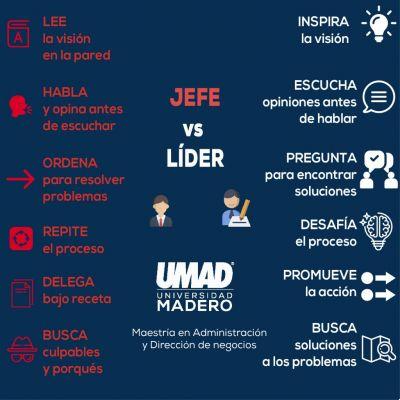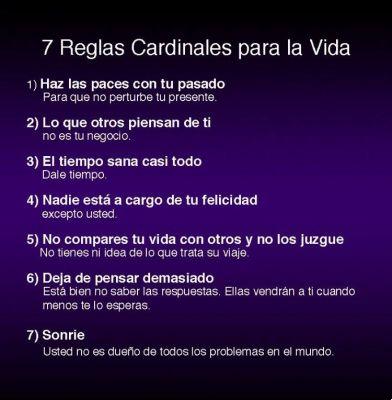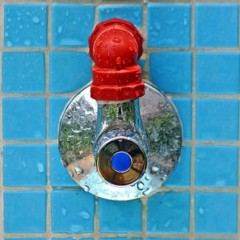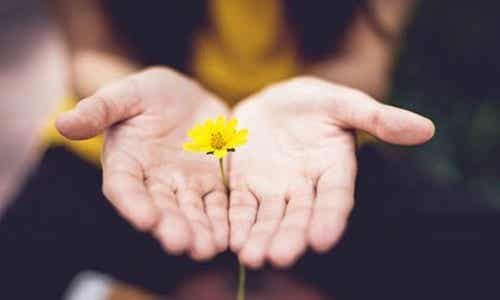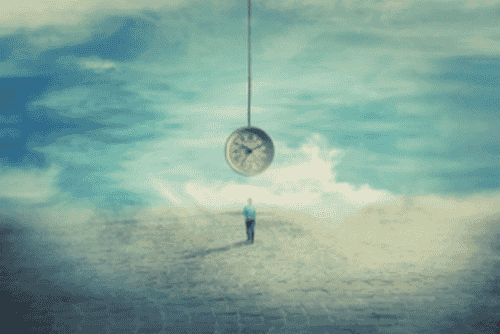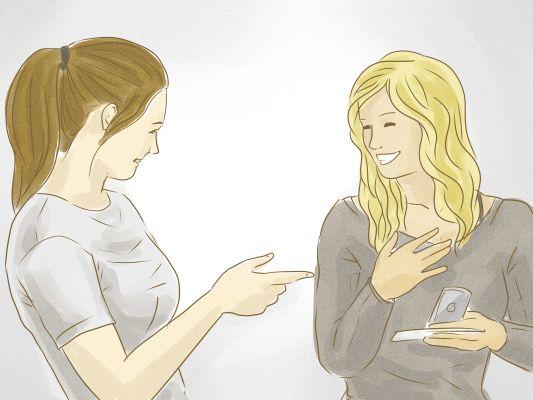
I consider myself a generous person. In 99% of my relationships, I give more than I ask for. Overall, this is a good thing, it brings new people into my life and makes it easy for them to like me. I probably wouldn't write this blog if I didn't have this quality.
You are also likely to be a very generous person. You always care a little more about others, you do something extra, you commit to surprise. As a result, people turn to you, trust you, think of you when something in particular comes to mind. But being a generous person has its costs: it can be very exhausting. At first, people are grateful to you for your kindness. But then, expectations begin to rise.
“What do you mean you don't have time? You always helped me when I needed it!”
All right…
What should we do when expectations become excessive and pressing? And before that, what is the reason why this happens?
the best kind of friendship
Aristotle suggests the existence of three different types of friendship (we will talk about them in detail in another article). The best and most desirable is the third type, "The Perfect Friendship", which is not based on any kind of exchange:
"More than utility or pleasure, this type of relationship is based on mutual appreciation of the virtues that matter to the other person."
What's the point: A business partner may be necessary, while a drinking buddy is fun, but if nothing else brings you together beyond the context you're in, then the friendship has a deadline.
This is not true if the glue of the relationship is virtues: a friendship based on values is like a mirror in which we can reflect ourselves. It is something timeless, you can do it, over and over again. As long as the values you have in common do not change, we can always enjoy each other's company.
Obviously, these types of relationships are among the most difficult to form. They require you to go beyond the initial benefit of utility or pleasure. This often does not happen without an external stressor. The military is a great example of this: men who serve together in war have a good chance of remaining friends for life. They survived together: it's a transformative and often traumatic experience, but one that will bond them forever.
Virtuous friendships also take time. We have to understand and experience what the other person's values are, and that takes a long time sometimes:
"There is no solid friendship without trust: and there is no trust without letting time go by."
AristotleOf all the schools I've attended (from high school to college) the friendships that have stayed the strongest are from high school. This is probably due to the fact that the baccalaureate between the different school and training stages was the period that lasted the longest.
If you take a moment to think about the various friendships you have, the ones based on profit and gratification are easy to spot. But those based on values? There are not many. You feel that they are different, but at the same time you have a hard time defining what makes them really special. And for some, you won't even be completely sure.
This is where being generous comes into play.
The “self-rewarding” nature of guiding values
I've been questioning some friendships lately. I find myself scrolling through WhatsApp, confirming that, for the fifth time in a row, I am the one taking the initiative and sending the message. But then I stop and start to wonder: does it really matter? Maybe I shouldn't qualify these people with such platitudes? Who cares who paid for the pizza last time or who made the last call. And in the end the idea comes to mind: I care. Because being generous is a fundamental value for me. Generosity, resourcefulness, kindness are virtues among many, but if we choose to value them (as many of us do) they take precedence in our relationships. When you are a generous person, you naturally tend to value people who spontaneously and unexpectedly show kindness.
Human beings are simple creatures. We hardly do what does not favor us in some way, so being always generous is not one of the privileged activities from this point of view.
In fact, being generous is in itself a condition that is worth a lot in itself. It makes you feel good. Also, being generous almost always brings with it the hope that one day, sooner or later, someone will return the favor. Finally, perhaps the most important aspect of all, being generous is an important signal that helps us identify people like us.
All these aspects are somewhat autonomous for the generous. But it can also be a useful tool to filter our relationships a bit, we just have to be aware of it: in a relationship where there is little reciprocity, sooner or later we reach an impasse. This is often the right time to ask yourself: What kind of relationship is this? Really worth it?
The answer to this question is not always trivial and can take some time.
The alternative we don't see
When a relationship runs into the problem of reciprocity and passes the breaking point, there are two options for the generous person. The first way is to pull the emergency brake, relegate the friendship to a pure source of utility/pleasure, and adjust future interactions accordingly. This is a protection mechanism that works well for people whose generosity is always in danger of being abused, however it could also clip the wings of the relationship at the wrong time.
The second way is to wait, without necessarily continuing to be too generous, but to hold on a moment longer. Let it be time to reveal how things are. In many cases, this can be a smart move: your friend's problems could be resolved in no time, and with a little patience, your relationship could flourish.
Of course, there is also the risk of investing too much in the relationship, but on the other hand, having reached an impasse, surely you have already done it and doing it a little more cannot make you feel much worse, especially if you are aware of it. . .
But, like Aristotle's categories of friends, there is a third option that is rarely considered. What if we weren't the generous people this time?
Different roles at different times
Right now, you may be thinking of 5 people who, in your opinion, should call you and not the other way around. You're probably right, they should grab their smartphone and call you to ask if you'd like to have coffee with them. Similarly, right now there are 5 people out there who may be demanding the same of you.
A person could even (think about it) end up in both categories at the same time. Because even though you may have been the first to contact a certain person, in the end they always listened to you. Or, although it was always you who offered the pizza, your friend made the evenings fun.
Human beings are simple creatures. Our relationships, however, are not. They are a complex network made up of millions of details. It's easy for something to go wrong or misunderstood.
Even if you are the giver most of the time, sometimes you are also the one who receives. No one always plays the same role in your life, don't be fooled by the idea you have of yourself.
conclusion
Reciprocity can help us identify the best friendships. Furthermore, being generous is not only a "self-rewarding" virtue in itself, but also a filter for our relationships.
Generosity and need, convenience or values, wait or stop, after all, only one thing is certain: our relationships are not static entities: they live, breathe, evolve. They must be treated accordingly.
After all ...
"What is friendship? A single soul inhabiting two bodies." ~
AristotleThey may be interested in:
- Phrases of friendship: the best to celebrate your friends
- How to make him fall in love through psychology: 20 techniques
- Phrases to thank true friends: the best 50
- 33 tips to succeed
- The inspiring story of Jim Carrey and 3 things you can learn from him
- 7 differences between a boss and a leader








